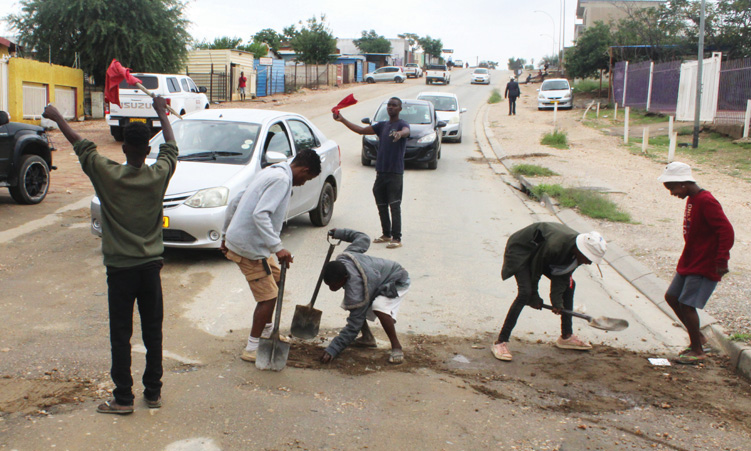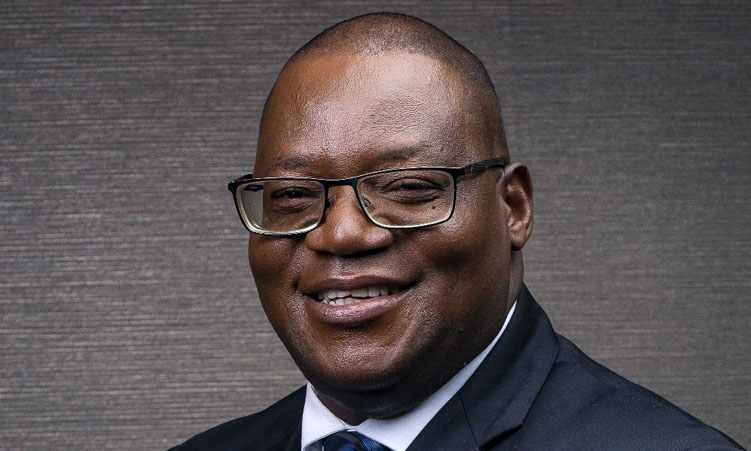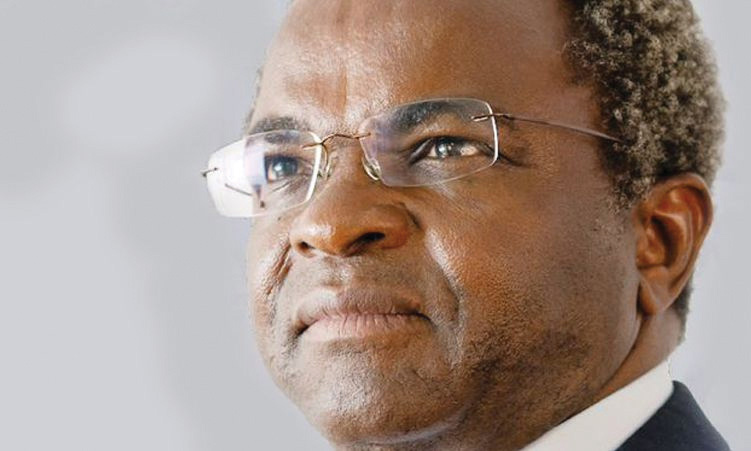THE conduct of the Anti-Corruption Commission (ACC) came under fire in the National Assembly on Friday, when Members of Parliament questioned the publicising of cases under investigation in the media.
The topic of the ACC’s ‘involvement’ with media arose during the discussion of the N$91,1 million vote allocation to the ACC over the medium term 2009-10 to 2011-12, which was approved with no objections on Friday.Minister of Justice, Pendukeni Iivula-Ithana, led the attack, saying that while she supported the ACC’s budget allocation, she took issue with cases being handled in the media framework.’Based on my experience and my understanding of the Constitution, people are innocent until proven guilty. But when allegations are made, they are splashed all over the media such that even those involved go out of their way to inform the public on the charges. I’m not questioning the mandate of the ACC, but the splashing out of allegations or charges that suspect is facing, all over the media.’She added that if this was the way in which citizens were dealt with when facing an investigation, ‘we may find even Government being sued because of what is happening.’ ‘Is this the way the ACC should be going about things? This is the question!’ she said.Jerry Ekandjo, Minister of Regional and Local Government, Housing and Rural Development, joined Iivula-Ithana in her sentiments, saying that the ACC ‘should investigate quietly, not in the press.’Ekandjo added that ‘the problem is that in many instances, investigating officers in the ACC start revealing information in the early stages of the investigation, and therefore judgment is being served in the media before the case is even ended. Even the Director does the same. Every time there is a small thing, he blows it out of proportion.’Pointing to an article in The Namibian on an ACC probe that had reflected irregularities at Rehoboth, Tjekero Tweya, Deputy Minister of Finance, joined the attack, saying that when the ACC submits an investigation report to the Office of the Prosecutor General, it appears that the same report is simultaneously submitted to media institutions.’One to the PG, one to the media,’ he quipped.Swapo Chief Whip Hans Booys, also highly unimpressed with the ACC, made his irritation clear, saying that ‘there must be something wrong with the ACC for the press to be getting all this information. What we want is for the body to investigate and take matter to the court, not to the media.’Supporting his comments, Swapo MP Loide Kasingo added that ‘the issue is about the way they execute their function. It’s not about the ACC itself, or the people there, but the point is that we are not happy about the way they are performing their duty.’The Speaker of the National Assembly, Theo-Ben Gurirab, who wasn’t chairing the discussion but attempted to bring the house to order on the matter, alluded to the ACC needing some saving, after noting with concern that the line between ordinary police work and the investigation of corrupt practices had become blurred.’It is in our hands to rescue ACC, because the perception out there is that it is not going to work. Let us do something, not engage in complaining, but do something to rescue the ACC.’Agreeing with the Speaker’s line of thinking, Swapo MP Tommy Nambahu said that it was not for the National Assembly to add to criticism of the ACC by ‘the ordinary man on the street’, but rather to call the Commission to order.’The issue is that Government should take them to task instead of pointing a finger,’ he opined.Unimpressed with calls from the floor to have the ACC called to order through a separate mechanism given its standing as a statutory body, Iivula-Ithana concluded her argument against the presence of ACC cases under investigation in the media by re-emphasising the notion ‘innocent until proven guilty.’’We cannot allow citizens to be tarnished in the media. Both the director [Paulus Noa] and the deputy director [Erna van der Merwe] are lawyers who have practised in this country. We can’t say that they don’t know the law. So how have they thrown out these rules and just go and speak to the media on issues. This is wrong. It is wrong. No institution is above the law, whether statutory or whatever. We are discussing this with the purpose of correcting the law. The ACC should also respect integrity of those they are investigating.’Bringing the discussion to a close and responding on the concerns cited, Prime Minister Nahas Angula agreed that a means would have to be found to bring the ACC in line with its mandate. ‘Let them [ACC] investigate, conclude the investigation, and hand it over to the PG to look into,’ he said, cautioning that it would be problematic if the government lost credibility in the eyes of the public on the issue of the ACC. nangula@namibian.com.na
Stay informed with The Namibian – your source for credible journalism. Get in-depth reporting and opinions for
only N$85 a month. Invest in journalism, invest in democracy –
Subscribe Now!










